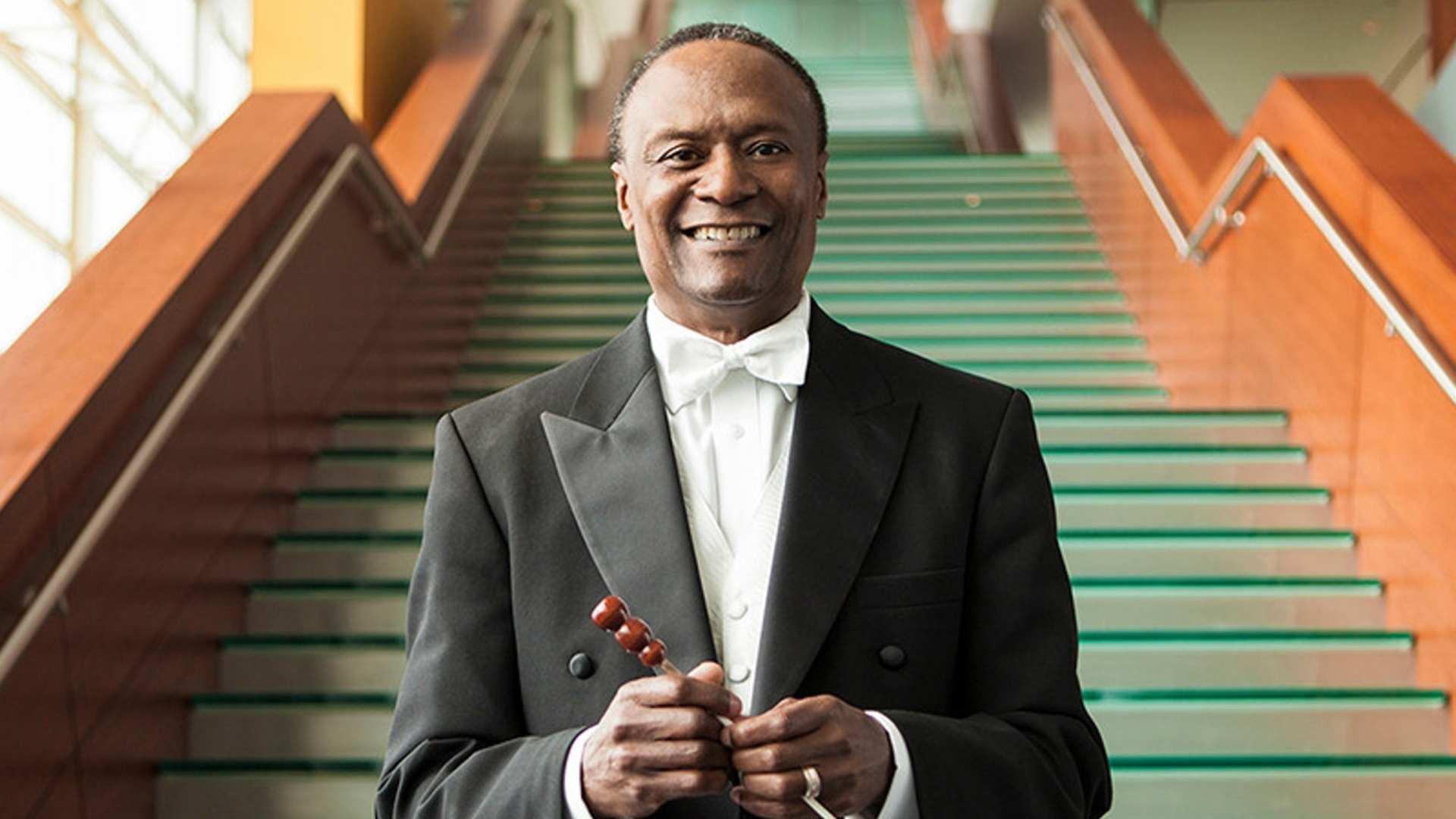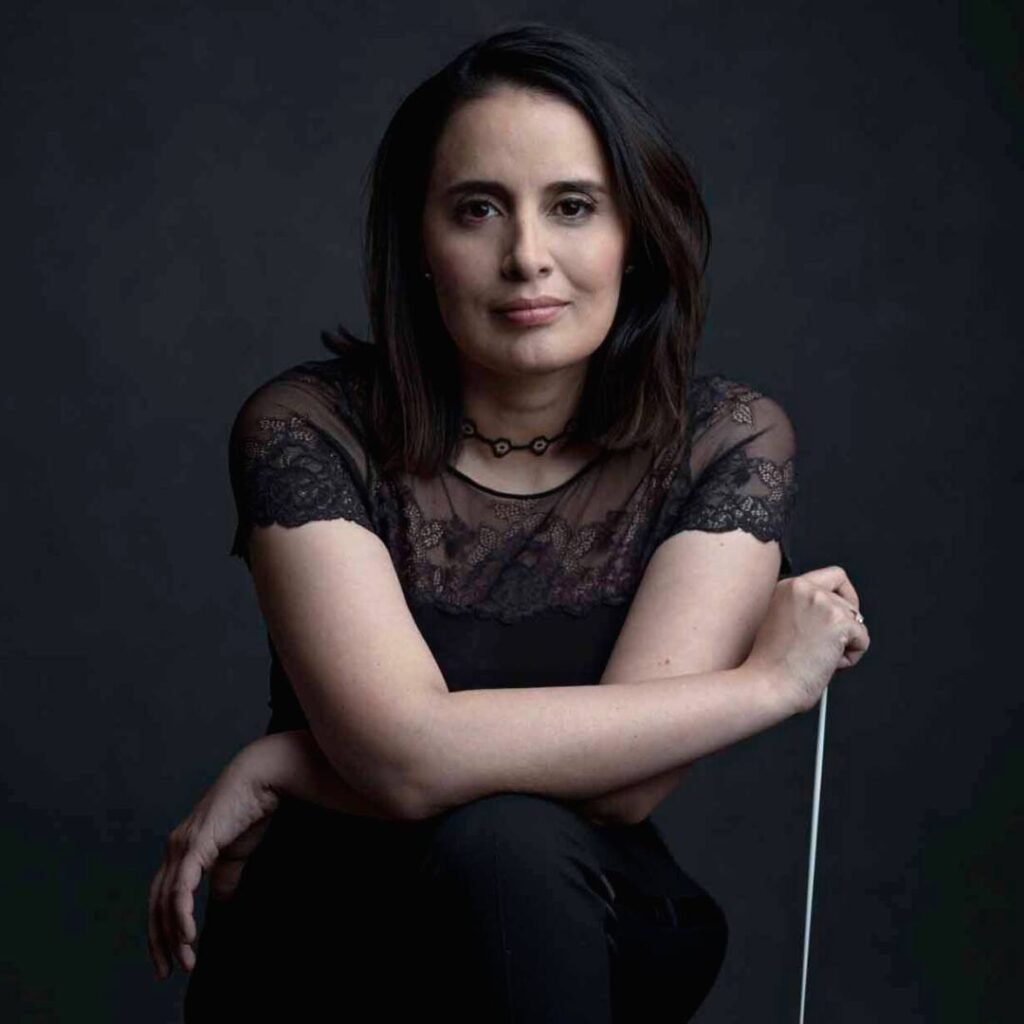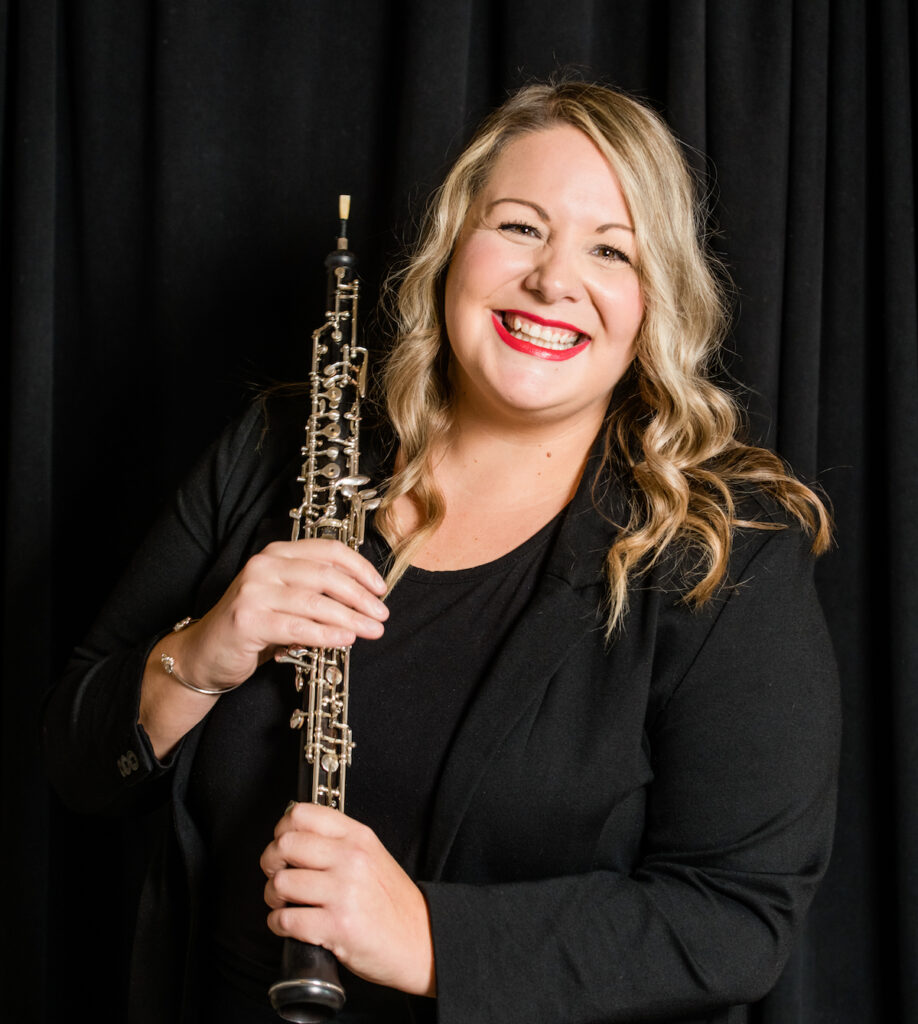

ELGAR’S “ENIGMA”
The CSO will open this season with Maestro Thomas Wilkins at the podium and guest pianist Michelle Cann. The concert will showcase three works that premiered during a transformative period in history – between 1899 and 1934 – that are timeless musical treasures by composers from France, the U.S., and England.
6:30pm Free Pre-Concert Conversations
Join Maestro Thomas Wilkins, Executive Director Michael Smith, and Concertmaster/Artistic Director Yuriy Bekker in the hall before the show to hear more about the music!
Elgar’s “Enigma” Season Opening Weekend with Michelle Cann
Upon hearing an orchestra for the first time at age 8, Thomas Wilkins knew the concert stage was in his future. Today, Wilkins is a celebrated, accomplished conductor; he is Principal Conductor of the Hollywood Bowl Orchestra and is the Boston Symphony’s Artistic Advisor, among other titles. He will be conducting the Charleston Symphony for the first time at this concert.
Originally composed as a six-movement suite for piano, French composer Maurice Ravel’s four orchestrated movements of Le tombeau de Couperin rely heavily on wind instruments to carry its vibrant melodies and demonstrate originality and skill. Written during World War I, its title alludes to being a tribute to the deceased and Ravel dedicated each movement to a different friend lost in the conflict. However, Le tombeau de Couperin never ventures into melancholy or despair. Instead, it was a celebration of lives which he chose to write. In the words of Ravel, “The dead are sad enough, in their eternal silence.”
Over the years, many of the original manuscripts of Florence Price‘s work – including the Piano Concerto in One Movement – became lost, seemingly forever. Opening with spiritual-influenced tones and later rising with jazz-tinged sounds, Price’s concerto is an extraordinary exhibition of piano composition. Astonishingly, in 2019, the original composition was rediscovered when it appeared for sale in an auction.
Pianist Michelle Cann and is a frequent award-winner and sought-after soloist who has been lauded by noteworthy media such as The Chicago Tribune and The Philadelphia Inquirer for her technical mastery and compelling interpretations. After a performance of Price’s Piano Concerto in One Movement, Classical Voice North America wrote that, “Cann owns this piece now, and experiencing her interpretation of the captivating score was a highlight.”
Much like Ravel’s dedications in Le tombeau de Couperin, Edward Elgar labelled each of his 14 short “Enigma” Variations in reference to friends and loved ones, each one representing a living individual. Shrouded in mystery because Elgar refused to reveal the theme of the work (hence the “Enigma” nickname), it became one of the most widely enjoyed compositions during the 20th century and brought international recognition for Elgar. Its most famous variation, the ninth, “Nimrod,” has been performed on its own at a variety of commemorative events, funerals, and as adaptations in film. The solemn tone and sweeping sections of “Nimrod” are well-known for eliciting intense emotion from listeners.
MORE ON THE MUSIC:
- When enslaved people were denied the right to speak or play instruments, they used an African dance called “juba” to express themselves rhythmically. The influence of juba can be heard in the dance section of Price’s piano concerto. The Piano Concerto in One Movement first debuted in 1934, performed by the composer.
- Thomas Wilkins is the subject of Beyond The Baton: A Conductor’s Journey – a biographical film exploring his experience as a Black conductor and his life in the musical world.
Classical Voice North America wrote (after a performance of the Price piano concerto), “[Michelle] Cann owns this piece now, and experiencing her interpretation of the captivating score was a highlight…”




